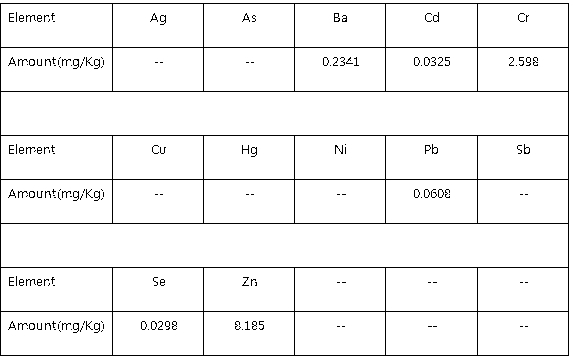Method adopting temperature inductivity characteristic of phase-change high polymer material to prepare biodegradable particles
A polymer material and degradable technology, applied in medical science, surgery, etc., can solve problems such as inability to remove solvents, side effects of products, etc., and achieve the effects of easy mass production, stability and safety guarantee, and simple operation
- Summary
- Abstract
- Description
- Claims
- Application Information
AI Technical Summary
Problems solved by technology
Method used
Image
Examples
Embodiment 1
[0034] A method for making biodegradable particles using temperature-sensitive characteristics of phase-change polymer materials, which includes the following steps:
[0035] S1. The biodegradable polymer material is dissolved in an organic solvent to obtain a biodegradable polymer material solution, and the biodegradable polymer material accounts for 4% by weight of the solution; the second copolymer is dissolved in PBS to obtain the first biodegradable polymer material solution. Two copolymer solution, the weight ratio that the second copolymer accounts for the solution is 1.8%; After mixing the biodegradable polymer material solution and the second copolymer solution, use ultrasonic emulsification to form an emulsified solution; the second copolymer is Polyoxyethylene-polyoxypropylene-polyoxyethylene triblock copolymer with a weight ratio of 69% to 73% of polyoxyethylene, the biodegradable polymer material is polylactic acid (PLLA), the second copolymer The average molecula...
Embodiment 2
[0042] A method for making biodegradable particles using temperature-sensitive characteristics of phase-change polymer materials, which includes the following steps:
[0043] S1. Dissolving the biodegradable polymer material in an organic solvent to obtain a biodegradable polymer material solution, the biodegradable polymer material accounts for 3.8% by weight of the solution; dissolving the second copolymer in PBS to obtain the first Two copolymer solution, the second copolymer accounts for 2% by weight of the solution; the biodegradable polymer material solution is mixed with the second copolymer solution to form an emulsified solution by ultrasonic emulsification; the second copolymer is Polyoxyethylene-polyoxypropylene-polyoxyethylene triblock copolymer with a weight ratio of 69% to 73% of polyoxyethylene, and the biodegradable polymer material is polylactic acid-glycolic acid (PLGA) 85: 15. The average molecular mass of the second copolymer is 12500-16000 g / mol;
[0044]...
Embodiment 3
[0050] A method for making biodegradable particles using temperature-sensitive characteristics of phase-change polymer materials, which includes the following steps:
[0051] S1. The biodegradable polymer material is dissolved in an organic solvent to obtain a biodegradable polymer material solution, and the biodegradable polymer material accounts for 4.2% by weight of the solution; the second copolymer is dissolved in PBS to obtain the first biodegradable polymer material solution. Two copolymer solutions, the second copolymer accounted for 2.3% by weight of the solution; the biodegradable polymer material solution was mixed with the second copolymer solution to form an emulsified solution by ultrasonic emulsification; the second copolymer was Polyoxyethylene-polyoxypropylene-polyoxyethylene triblock copolymer with a weight ratio of 69% to 73% of polyoxyethylene, and the biodegradable polymer material is polylactic acid-glycolic acid (PLGA) 85: 15. The average molecular mass ...
PUM
| Property | Measurement | Unit |
|---|---|---|
| Average molecular weight | aaaaa | aaaaa |
| Average molecular weight | aaaaa | aaaaa |
Abstract
Description
Claims
Application Information
 Login to View More
Login to View More - Generate Ideas
- Intellectual Property
- Life Sciences
- Materials
- Tech Scout
- Unparalleled Data Quality
- Higher Quality Content
- 60% Fewer Hallucinations
Browse by: Latest US Patents, China's latest patents, Technical Efficacy Thesaurus, Application Domain, Technology Topic, Popular Technical Reports.
© 2025 PatSnap. All rights reserved.Legal|Privacy policy|Modern Slavery Act Transparency Statement|Sitemap|About US| Contact US: help@patsnap.com



